
- Travel more for less
- Become a member by 01/31/2026 and get 10% OFF on bookings at FlixBus!
There's an emotional investment you make when you commit to exploring the planet. You will never be the same ever again. Read on to find out why.
9min

The wait is finally over! Down the tunnel you walk, out onto the tarmac and face to face with the deafening roar of the engines. Looking up at the plane, your mind races with the infinite possibilities that await you.
It's this moment, as the emotions are running wild, that I often reflect on how travel changed my life.
It's often overlooked as you consider what to pack, where you'll be staying, and how you'll get from point B to C, etc. But how often do you sit and think, "How will this experience change my life?"
Answer: Not very often.
Obviously you're bouncing with excitement and you've probably bored your family and friends to tears with stories about the coming adventure. A long journey, be it a month, 6 months or over a year... they don't come around that often. You should be excited!
Approximately 10% of the population has enough disposable income to be able to travel extensively for pleasure. The majority of those are American, and with roughly only 5% of Americans taking overseas vacations, that leaves a small percentage of the population.
Consider that fact the next time you're struggling under the weight of your backpack, wondering if a third towel was absolutely necessary.
You're about to embark on a most excellent adventure; one that will change you forever.
But how? Why do fellow travelers constantly talk about this phenomenon?
"It'll be life-changing" and "Your life will never be the same again."
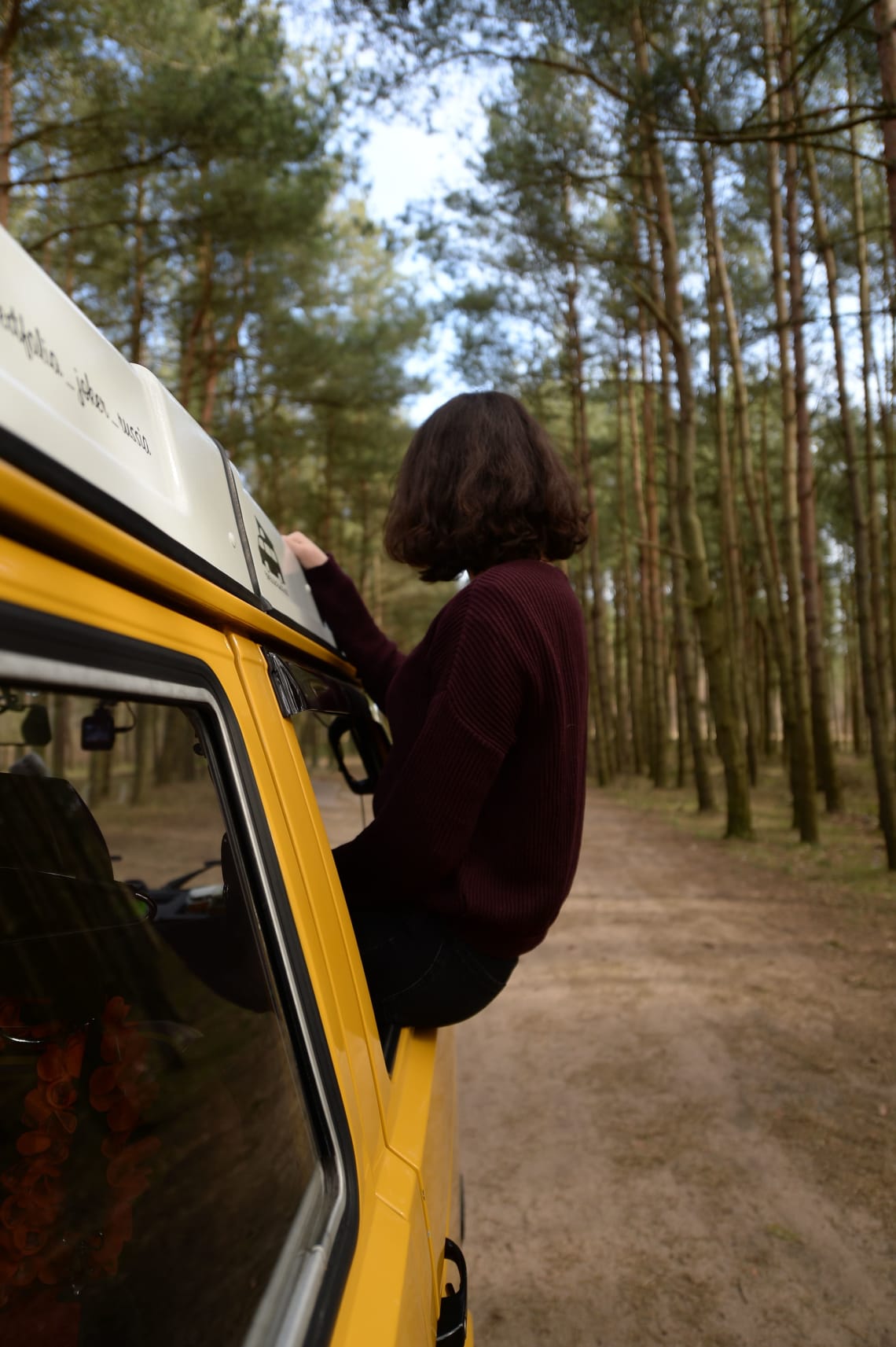
Travel, whether it's a city break or a year backpacking around the globe, has the potential to expand your worldview and alter your life. Alongside the financial cost, there's also an emotional price to pay for travel. Some pay more than others, but everybody pays something.
There's an emotional investment you make when you commit to exploring the planet.
It comes in 3 phases: Before, During and After. Some people handle it much better than others, and it gets easier the more you do it, but every trip changes you in some way. Even after visiting 40 countries I still get chills when I'm about to set off.
Before you travel your mind is usually occupied with a thousand other details. Did I buy the right ticket? Have I got everything I need? How do I get to my accommodation? What will the weather be like? Is all my paperwork in order?
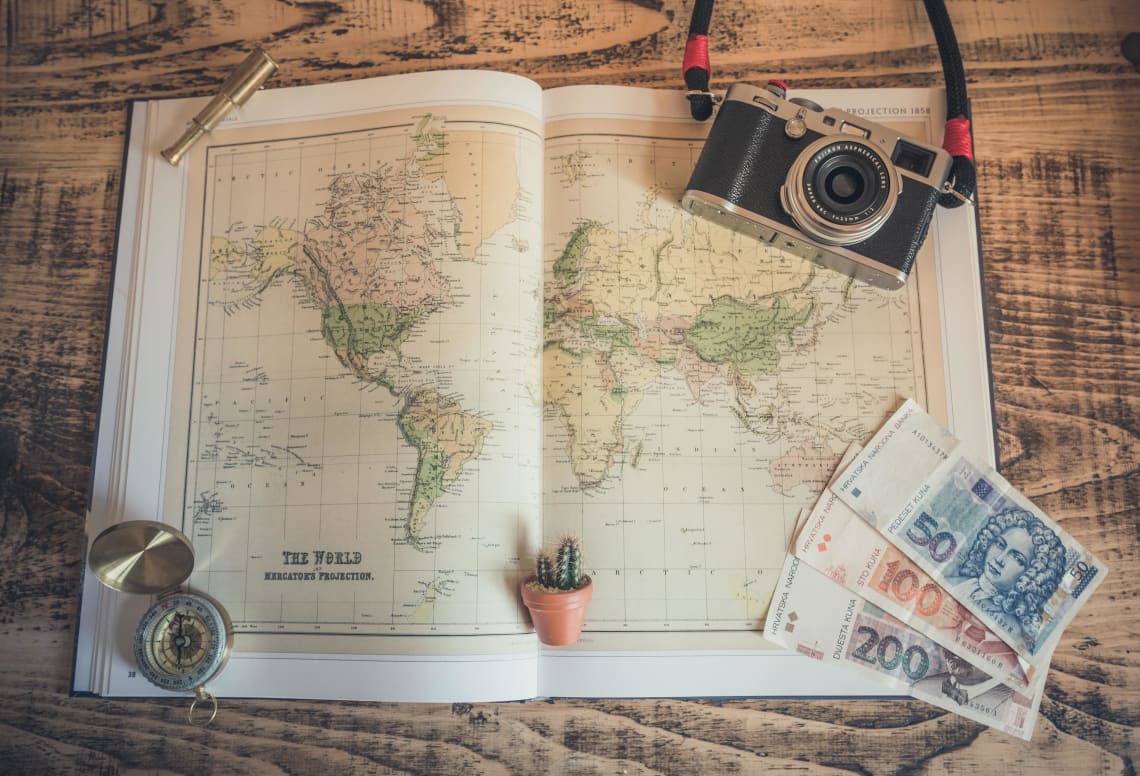
If you're leaving for an extended length of time you'll want to see your friends and family, discuss your plans and say goodbye. These goodbye parties can last days or weeks depending on how long you're going for.
This part of the trip is when you'll start to feel the emotions rising.
Sadness at saying goodbye, elation at quitting your job, apprehension as you wonder if you've done the right thing, etc. While you'll have a mountain of logistical things to consider, these feelings will start to occupy more and more of your waking hours.
These feelings and self-doubts are all completely normal and come with any major lifestyle change.
The practical side of your brain usually shouts loudest, and it's not until you arrive at the airport, say your absolute final goodbye and walk through the security desk that it will all hit home.
That's when self-doubt meets adrenaline. The feeling of butterflies in the stomach is universal, and I personally love it. When I get that feeling I know change is coming. I know I'm going to learn something new, meet new people and face new challenges.
It's also scientifically proven that people are happier when anticipating a trip. Obviously you'll look back on your travels, years down the line, and remember the incredible times but, statistically, people are at their happiest before the actual journey.
The feeling of excitement before the trip is addictive. The anticipation and expectation deliver a constant drip of endorphins and, like chocolate or anything that messes with your brain chemistry, it becomes addictive.
Before my first solo trip in 2001 I was a healthy mix of excitement, adrenaline and curiosity. I had no clue what to expect but I was self-confident (which is strange considering how shy I was). Stepping up to the Immigration desk I was full of nerves, but I was stepping off a cliff into the unknown and I was loving it.
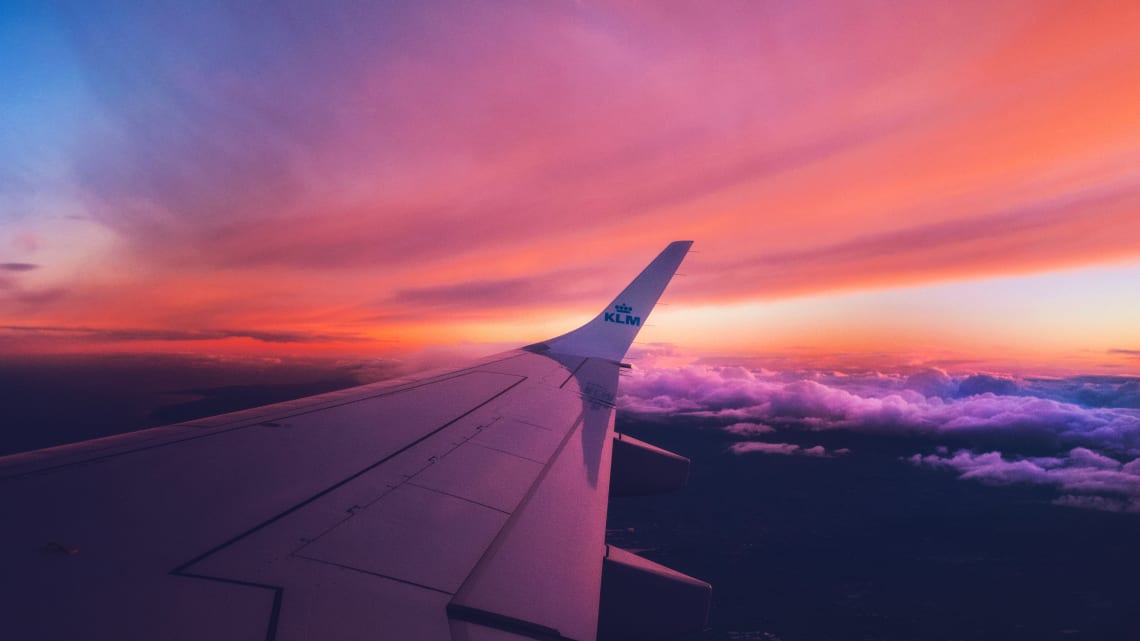
Fast forward a few weeks and I'm now sat in a German train station feeling a sense of loneliness and isolation I could never have imagined.
I was completely unprepared for the culture shock, the language barrier and the intensity of the experience and the emotional impact. I went from being a fairly big fish in my pond to being a tiny little scared fish. It was as if I'd been living in a house all my life, but had never stepped outside.
Now I was wandering the streets of Europe surrounded by a hundred strange accents, unusual food and weird music.
It was intense.
And as I sat in the train station, longing to be home I felt silly. I felt like I'd made a stupid decision and that everyone would laugh at me when I got back. This was my first time stepping out of my comfort zone and I didn't like it. I just wanted to go back home where everything was familiar and safe.
I felt like a failure. If I had pondered the question of how travel had changed my life then, the response would have been pretty negative.
Can I share something I've learnt since then?
It's absolutely fine to feel scared, it's perfectly normal to doubt yourself and you are not a failure. Everyone experiences these feelings at some point and to some degree. No matter how much of an extrovert you are, how sociable and bubbly, everyone feels it.
One question you're almost certain to be asked is, "You're going on your own? Won't you be lonely?"
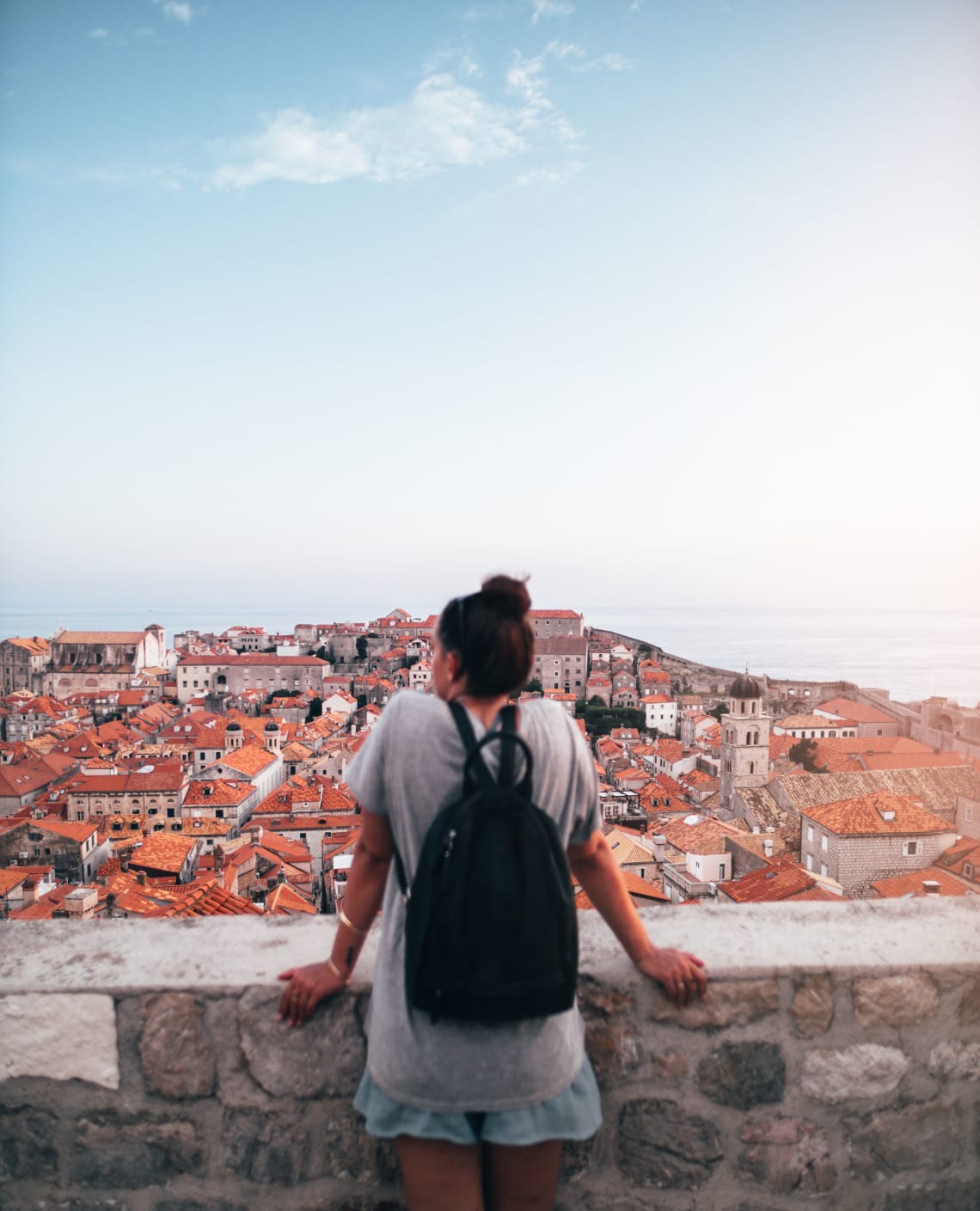
While it's true that there will be times when you feel alone and isolated, it won't last.
Travel is a funny thing. You'll meet tons of amazing people, share fantastic experiences and form bonds that last a lifetime. You'll tell intimate stories and share secrets with people you met less than a week ago. When you connect with people on the road it can be a crazy, intense experience.
Unlike in a work environment where friendships are formed through small talk and commonalities, travelers are out doing what they love with no inhibitions or restrictions. You can express yourself as honestly and openly as you wish, and even traveling solo often becomes a social experience.
These friendships can be shallow and superficial, but they can also be profound and deeply moving. I'm personally still in regular contact with friends I met for just a few weeks almost 15 years ago. Our lives have changed massively since, but we connected on a certain level and the bond endures.
This isn't to say that you'll love everyone you meet. Far from it. Some personalities gel and others clash but, unlike a work environment where you're forced to interact, you have no such obligation when you're traveling. Walk away, jump on a plane or train. Bond with the people you want to, walk away from those you don't. Where else do you get such a choice in life?
Loneliness can affect you though. No matter how many new friends you make, it's natural to feel nostalgic and homesick. Birthdays and festive periods can be tricky, but in the modern age of instant communication it's easier than ever to stay in touch with those you're missing.
I believe these moments of feeling alone are beneficial though. It's certainly one aspect of how travel changed my life. When you're alone, every decision is your own.
You take ownership for every mistake and success. Your decision making becomes sharper, your judgement wiser and you become more self-dependent. You're now making real-life decisions which affect you and only you.
Fatigue and burn out are also very common. Changing from a static, sedentary lifestyle to becoming a full-time backpacker, hiking trails, wandering through new cities, walking around museums and landmarks... the exercise alone can be exhausting. At the beginning you're filled with excitement and wonder, but after the twentieth temple or museum the wonder can start to fade.
Just because you're in a foreign country doesn't mean that you have to be a tourist. You don't always have to be seeing something, doing something, experiencing something.
Take a few days off. Sit in a café and just watch the world go by. Look back through your photos and reflect on your memories so far. Use this downtime to think about your successes and failures, reset yourself and mentally prepare yourself for the next round.
If you appear to be having more failures than success, keep in mind that it's entirely possible to re-invent yourself. The person you were at home does not have to be one who goes traveling. I'm not saying for you to live a lie or pretend to be someone else. Doing that can eventually make you miserable. I'm saying experiment. Try to be the person you've always wanted to be. 99% of the people you meet will never see you again so what do you have to lose?
This revelation was another example of how travel changed my life. The modern school system teaches that you must choose your path when you're a teenager. Choose your courses and direction and then that's your life. School, College, University. They prepare you to fit in with society.
Travel helps break that myth and teaches that the world is a playground of opportunities. Become a full-time diving instructor or a professional dance teacher, create a travel blog or become a freelance travel writer (all real examples of jobs friends found on their travels).
You will discover opportunities you never even dreamed about. You'll also become more aware of spotting these opportunities and, due to your increased self-confidence, you're more likely to embrace them.
I returned from that first trip in 2001 with my tail firmly between my legs. Embarrassed and ashamed, I felt I'd let everyone down. It was only after I got back and answered a hundred and one questions that I realized that I hadn't let anyone down. You only answer to yourself.
That's one of the changes to happen after the adventure ends. Once you settle down again (at home or in a new land) you become more reflective. It's hard not to. You can't unsee the things you've seen, and all future decisions are made with this new perspective.
Your life has officially been changed!
Another side-bonus is that you'll become much more creative. Creativity is just problem solving, and you'll be forced to become a master problem solver when you're traveling.
Your train is cancelled. The shop-keeper doesn't understand you. The airline messed up and sent your bags to a different country. These are all problems you could face, and you have to get creative to solve them.
The emotional impact of travel can hit you in many ways. You may find yourself itching to get back out exploring. This itch, or wanderlust, can last a few days or a lifetime. You might hang up your hiking boots for good or commit yourself to a life in flip-flops.
Or you could fall into a depression. It's common for people returning from a long journey to feel empty; like something is missing in their life. It's impossible to recreate the freedom, the intensity and random nature of life on the road. If you return to your home town, to your old life and routine, it's entirely possible that you'll feel frustrated and trapped.
This is a clear sign that you've grown.
You have new ideas, passions and perspective, and sometimes it's hard to reconcile that with your former life. Again, this is perfectly normal. Speak to friends and family. Speak to your new traveling friends. Maybe you just need time to readjust, or maybe your life is forever changed and you're now off on a different path.
Whatever happens, it's all part of the adventure.
Everyone deals with the emotional impact of travel differently. If you're feeling lonely or miserable, tell someone. Chances are they've experienced something similar, and just the act of talking about it can be therapeutic.
There are a million and one things that can happen which are totally out of your control. Don't bother with them. If you can't influence it, don't waste your energy worrying about it.
Enjoy the moment. Life flies by at an incredible pace, so make the most of every opportunity. If in doubt, say yes.
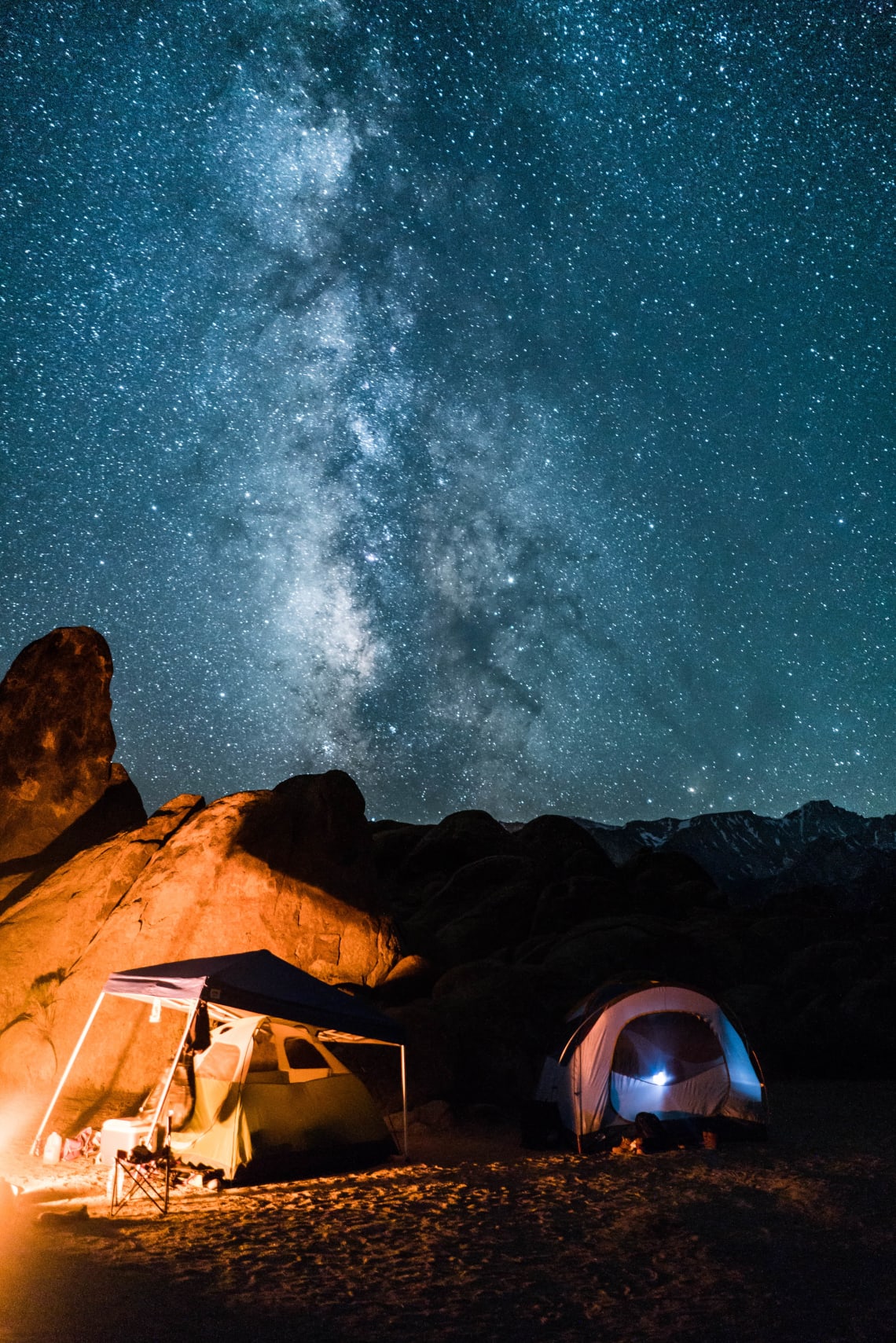
I never set out with the intention of changing my life. All I wanted to do was 'see the world', whatever that meant, and then come back and get on with my regular existence. I had no idea that I would return more patient, confident, tolerant, ambitious and determined.
Once your perspective on life is changed you adapt. If you're constantly changing and re-evaluating your perspective with new cultures, new languages and philosophies then you're in a constant state of change.
And your life will be, too.
Write here your questions and greetings to the author
Keneston
Apr 11, 2019
Congrats for your text! When I was reading your text I could remember all the experience I’ve had traveling alone around the world . 🙌👏
Sara
Oct 11, 2022
Thanks for sharing this type of informative article
Sere adventure
Mar 29, 2023
I am local tour operator and local tour guide from Tanzania Kilimanjaro I have huge experience in Tanzania tourism and culture
I always proud to come beyond our expectations and share experience in Tanzania tourism welcome to Tanzania and explore the beauty of Tanzania
Mode
May 30, 2023
Hi